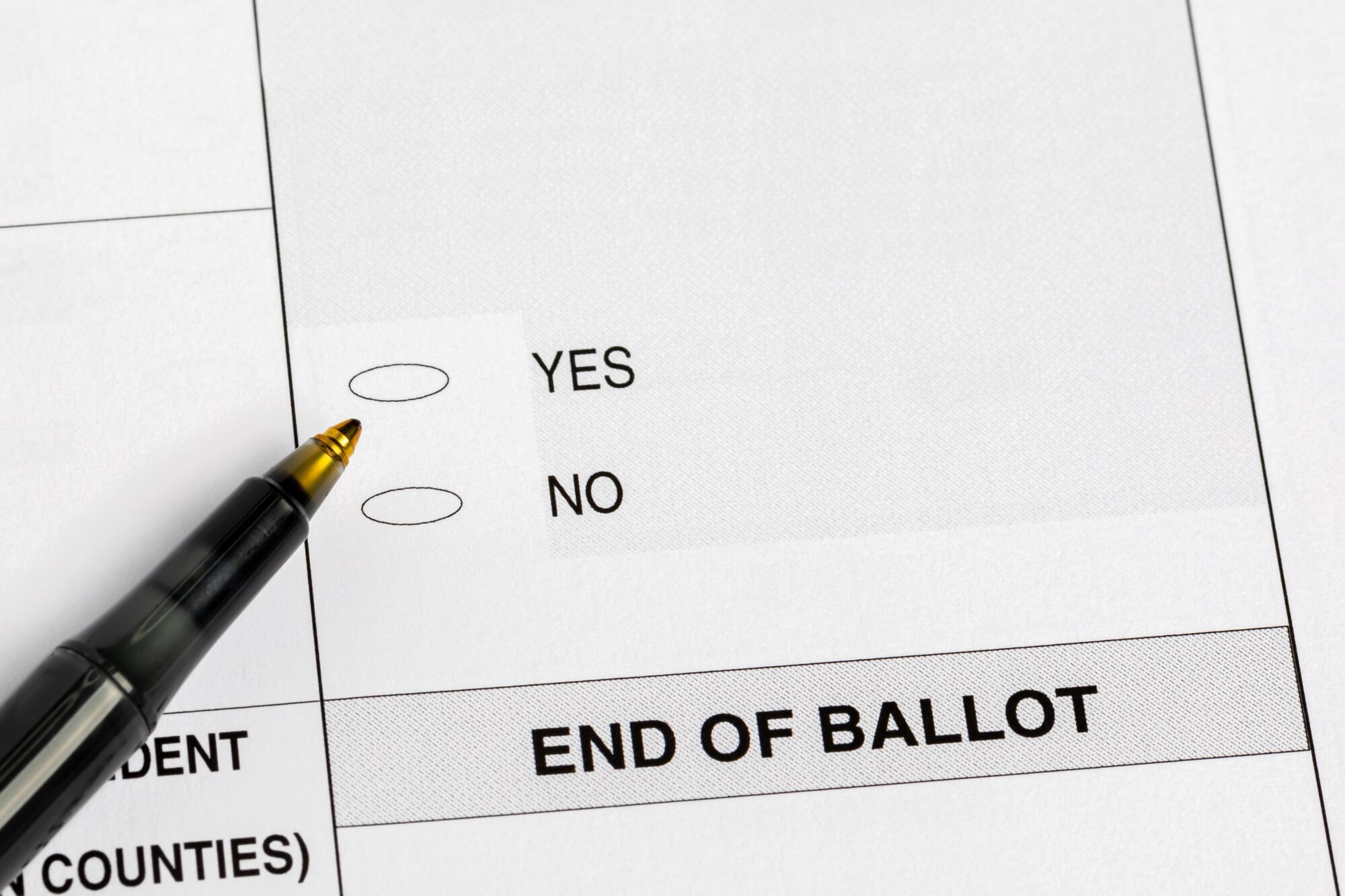
From a nurse student loan repayment program to restricting minor gender transitioning, see what legislation is still alive.
Tuesday was the deadline for committees to pass general bills and amendments out to the floor in their respective chamber in the Mississippi Legislature. While a fair number of bills survived, others died a quiet death. Among the surviving pieces of legislation this session to remain alive are several notable bills pertaining to healthcare.
Bills that would extend Medicaid coverage up to 12 months postpartum, establish the Hospital Nurses Retention Loan Repayment Program, establish a burn center or unit at the Mississippi Baptist Medical Center, and more will be taken up soon by lawmakers.
The Mississippi House and the Senate have begun to debate and call up these and other bills as the deadline for original floor action approaches. That deadline is February 9th.
Below are some of the pieces of healthcare legislation that are currently alive as next week’s deadline nears.
Extending postpartum medicaid coverage (SB 2212)
Authored by State Senator Kevin Blackwell, the legislation would extend Medicaid coverage up to 12 months postpartum.
The bill would authorize and direct the Division of Medicaid to provide up to 12 months of continuous coverage postpartum for any individual who qualifies for Medicaid as a pregnant woman to the extend allowable under federal law.
Much debate has surrounded this expansion of Medicaid, with the House differing substantially from the Senate on the matter. Similar legislation failed last year dying in the House.
Establishment of a burn center or unit in Jackson, Mississippi (HB 469)
The bill would appropriate $12 million from the Coronavirus State Fiscal Recovery Lost Revenue Fund to the State Department of Health to provide funding to the Mississippi Baptist Medical Center in Jackson to establish a burn center or unit at the medical center for Fiscal Year 2024.
The legislations states that as a condition of receiving the funds, the Mississippi Baptist Medical Center shall enter into a written agreement with the State Department of Health providing that if the medical center expends or otherwise uses any of the funds received from the department for any purpose not authorized under this act, the medical center shall be required to pay the amount of the funds that were improperly expended or used to the State of Mississippi.
The Mississippi Hospital Sustainability Grant Program (SB 2372)
The bill would establish the Mississippi Hospital Sustainability Grant Program in order to improve and preserve access to hospital care for all Mississippians, “and in recognition of the challenges incurred by hospitals as a result of the COVID-19 pandemic.”
The funds would be distributed to each hospital licensed by the State of Mississippi except for hospitals operated by the U.S. Department of Veterans Affairs and state-operated facilities that provide only inpatient and outpatient psychiatric services.
The Regulate Experimental Adolescent Procedures (REAP) Act (HB 1125)
The legislation would create the Regulate Experimental Adolescent Procedures (REAP) Act to regulate transgender procedures and surgeries for individuals under the age of 18. It prohibits the use, grant, payment or distribution of public funds to any entity, organization, or individual that provides general transition procedures under the age of 18.
The legislation, which is one of the mostly hotly debated items this session both at the Capitol and in the press, has passed the House and is awaiting consideration in the Senate.
Hospital Nurse Retention Loan Repayment Program (SB 2373)
The bill would create the Skilled Nursing Home and Hospital Nurses Retention Loan Repayment Program.
Recipients who are employed at a skilled nursing home or a licensed general acute care hospital in the state would be eligible for $6,000.00 for each year of employment up to three years to go towards repaying their student loans.
The Health Care Impact Grant Program (HB 237)
The legislation, which passed the House and has been transmitted to the Senate, would establish the Health Care Impact Grant Program to be administered by the State Department of Health.
The bill states that that the program will provide grants to hospitals and long-term care facilities for the purpose of strengthening and improving the health care system and the quality and availability of health care services. Additionally, it would partially compensate hospitals for uncompensated care.
Mississippi Collaborative Response to Mental Health Act (HB 1222)
The bill would require each county and municipal law enforcement agency to provide Mental Health First Aid training that is evidence-based and approved by the Department of Mental Health to all law enforcement officers who are employed or contracted by the agency by July 1, 2031.
Additionally, the bill would require each county and municipal law enforcement agency to have at least one law enforcement officer that is a trained Crisis Intervention Team Officer by July 1, 2027.
Tax Credits for registered nurses and advanced practice registered nurses (HB 270)
The bill would authorize an income tax credit for certain individuals who begin employment as a registered nurse or advanced practice registered nurse in this state on or after July 1, 2023. The tax credit will be for $1,500.
However, the bill states that “the tax credit shall not exceed the amount of tax imposed upon the taxpayer for the taxable year reduced by the sum of all other credits allowable to the taxpayer under this chapter, except credit for tax payments made by or on behalf of the taxpayer.” It goes on to say that any tax credit claimed but not used in any taxable year may be carried forward for five consecutive years from the close of the tax year in which the credit was earned.











